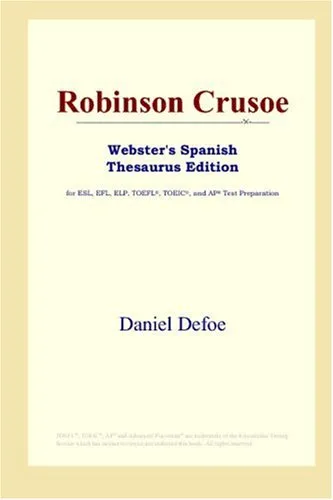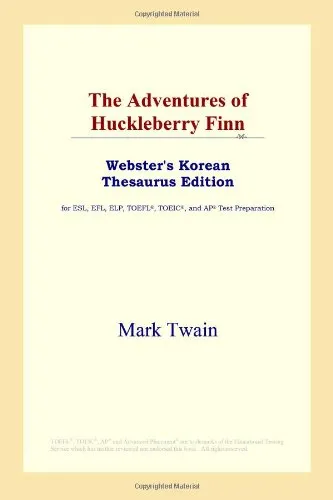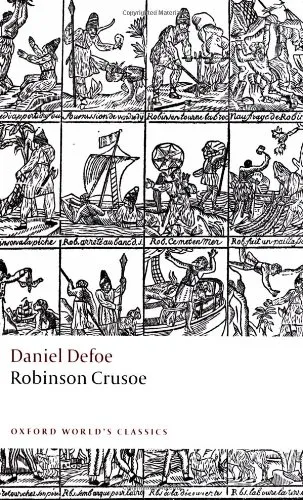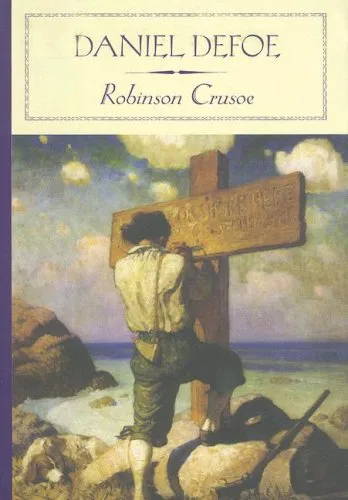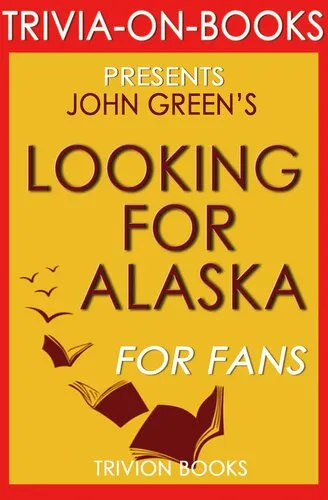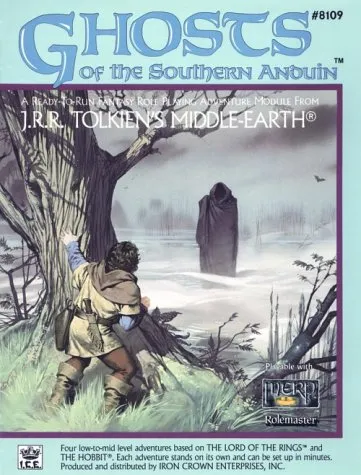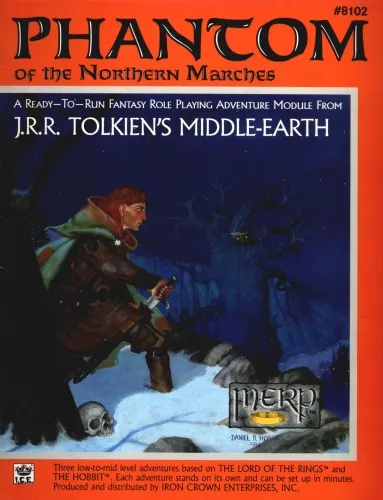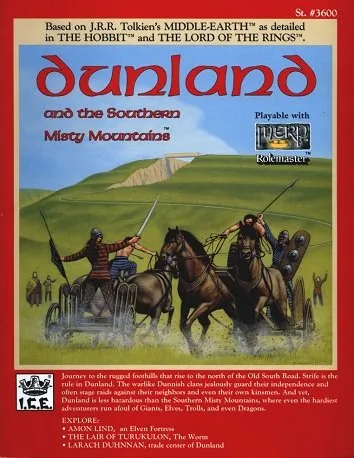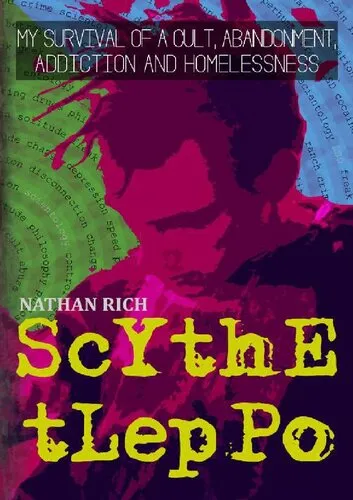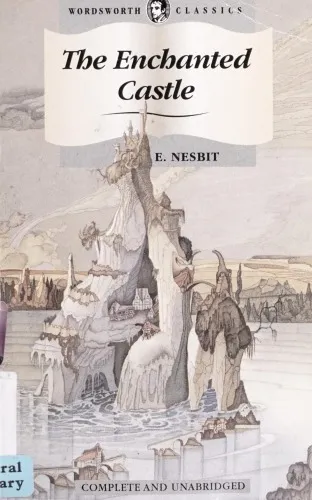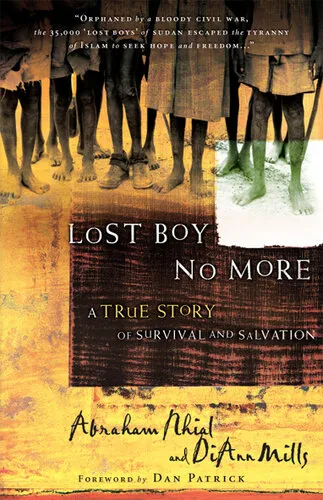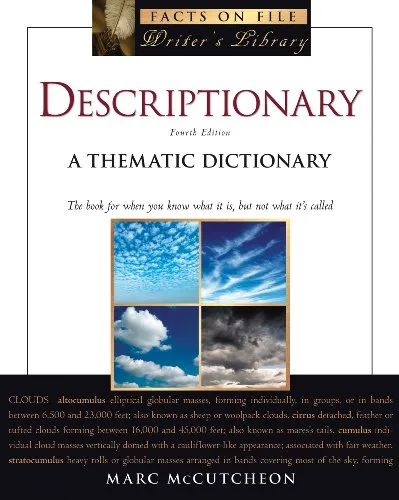Robinson Crusoe (Webster's Spanish Thesaurus Edition)
4.3
Reviews from our users

You Can Ask your questions from this book's AI after Login
Each download or ask from book AI costs 2 points. To earn more free points, please visit the Points Guide Page and complete some valuable actions.Related Refrences:
Introduction to Robinson Crusoe (Webster's Spanish Thesaurus Edition)
Welcome to the immersive world of "Robinson Crusoe (Webster's Spanish Thesaurus Edition)," where the timeless adventures of the titular character are enriched with Spanish language insights. This edition serves as both a captivating story and a linguistic tool, bridging the gap between English and Spanish readers, allowing them to delve deeper into the narrative and language intricacies.
Detailed Summary of the Book
Originally penned by Daniel Defoe, "Robinson Crusoe" is an epic tale of adventure, survival, and human resilience. The story revolves around Robinson Crusoe, a young and impulsive wanderer who defies his father's wishes to pursue a life at sea. His insatiable thirst for adventure leads him into stormy waters, quite literally, as he finds himself shipwrecked on a deserted island in the Caribbean. Stranded and alone, Crusoe must fend for himself, battling elements, solitude, and the fear of losing his humanity.
Over the course of his 28 years on the island, Crusoe transforms from a hapless sailor into a resourceful survivor, learning to cultivate the land, domesticate animals, and create a semblance of civilization. His journey is not just one of survival but a profound exploration of self-reliance and introspection. The introduction of a castaway he names Friday adds another layer to the narrative, exploring themes of companionship, cultural exchange, and the concept of 'civilization.'
Key Takeaways
The enduring appeal of "Robinson Crusoe" lies in its exploration of universal themes that resonate across time and cultures. Here are some of the key takeaways from the novel:
- Ingenuity and Resourcefulness: Crusoe's ability to adapt and thrive in isolation demonstrates the power of human ingenuity.
- Survival and Self-Reliance: The story serves as a testament to the resilience of the human spirit when faced with adverse conditions.
- Exploration of Isolation: Crusoe's solitude offers insights into human psychology and the need for social connections.
- Cultural Reflection and Critique: The relationship between Crusoe and Friday invites reflection on colonial attitudes and cultural perceptions.
Famous Quotes from the Book
Defoe's narrative is peppered with insightful and memorable quotes, a few of which are highlighted below:
- "It is never too late to be wise."
- "Thus fear of danger is ten thousand times more terrifying than danger itself."
- "I learned to look more upon the bright side of my condition and less upon the dark side."
Why This Book Matters
"Robinson Crusoe" is not merely a tale of adventure; it is a profound reflection on human nature, exploration, and civilization's boundaries. Published in 1719, it marked the beginning of realistic fiction as a literary genre. Its impact on literature is profound, inspiring countless adaptations and serving as a precursor to the modern adventure and survival genres. This Webster's Spanish Thesaurus Edition makes the novel accessible to a broader audience, deepening the engagement with its rich narrative and linguistic complexities. It stands as a critical tool for both language learners and lovers of classic literature, encouraging them to explore the themes and language in a more nuanced way.
Free Direct Download
You Can Download this book after Login
Accessing books through legal platforms and public libraries not only supports the rights of authors and publishers but also contributes to the sustainability of reading culture. Before downloading, please take a moment to consider these options.
Find this book on other platforms:
WorldCat helps you find books in libraries worldwide.
See ratings, reviews, and discussions on Goodreads.
Find and buy rare or used books on AbeBooks.
1386
بازدید4.3
امتیاز0
نظر98%
رضایتReviews:
4.3
Based on 0 users review
Questions & Answers
Ask questions about this book or help others by answering
No questions yet. Be the first to ask!
